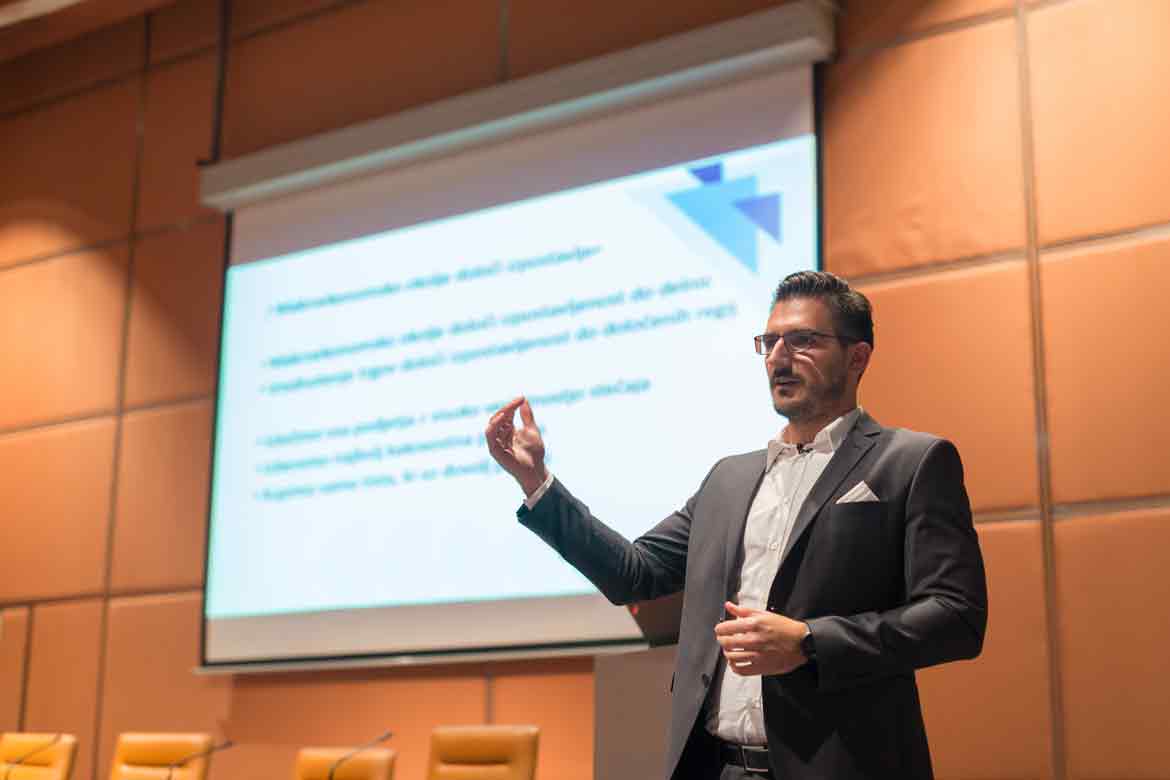
We provide Mandarin conference interpretation services — both simultaneous interpretation and consecutive interpretation — in the following areas:
- Medicine, nursing, pharmaceuticals, medical devices, dietary supplements and biotech;
- FDA conferences, audits and inspections;
- Agriculture, energy and environment;
- Economics, finance and public policies;
- Information technology (IT), artificial intelligence (AI), cybersecurity and internet;
- Law and patents;
- Sales, marketing and business.
Our credentials for Mandarin conference interpretation services
We hold our work to the highest standards and work with top notch conference interpreters. Our Mandarin interpreters are professionals who hold degrees in conference interpretation and/or advanced degrees in technical fields, and have rich experience in conference interpretation.
For example, for Mandarin conference interpretation services in medical and nursing fields, our send professional conference interpreters who have advanced degrees in biomedical sciences. For IT conferences, we assign conference interpreters who have worked as IT professionals.
In addition to advanced degrees and academic training, our conference interpreters have acquired translation and interpretation certifications. Our team of interpreters display an insatiable curiosity and a passionate dedication to lifetime learning.
We encourage clients to schedule early, so that we can match our interpreters’ background and expertise to the specific projects to ensure the best outcome.
The tools of the trade: Interpreters and equipment
We require two interpreters for conference interpretation. This applies to both consecutive and simultaneous interpretation. When there are concurrent sessions, two interpreters are required for each session.
Simultaneous interpretation equipment is required for simultaneous interpretation. Microphones are required for speakers AND interpreters for consecutive interpretation. For how to select equipment, read our blogs Equipment: Simultaneous Interpretation and Equipment: Consecutive Interpretation.
Tips for clients: How to achieve a successful conference
1. Plan early and decide on the mode of interpretation
Know the distinctions between simultaneous and consecutive interpretation (refer to our blog Interpretation: Consecutive or Simultaneous?
Know the different skill sets required for these two modes (refer to our blog Skill Comparison: Consecutive vs. Simultaneous Interpretation). Retain interpreters accordingly.
Prepare or rent necessary equipment for simultaneous or consecutive interpretation based on your mode of choice.
Once you have decided which interpretation mode to use, set the budget accordingly. For more information on the budget comparison, see Budget Comparison: Simultaneous v. Consecutive Interpretation.
2. Retain a team of interpreters for Mandarin conference interpretation services
Retain interpreters with credentials and experience in the conference subject.
The importance of the interpreters’ domain knowledge cannot be overstated. Regardless how fluent the interpreters are in both languages, if they cannot handle technical jargon, it can result in an embarrassing or disastrous outcome.
This is why our conference interpreters not only have a strong command of both English and Mandarin, but also possess a strong background in the domain knowledge — either by formal graduate-level training, or by way of intensive self-study and on-the-job training. Their abilities have been demonstrated at work and attested by client’s acclaims.
Match interpreters’ speech styles: Pitch, volume, and speed.
Make sure the team interpreters’ speech styles are not drastically different. This is often overlooked. If there are jarring differences between the pitch, volume or speed of the team interpreters’ voices, it may give the audience an unpleasant listening experience.
You can gauge interpreters’ voices and speech styles by
- Having a telephone conversation with them;
- Asking the interpreters for voice samples;
- Asking one interpreter for a referral of team partner. That usually indicates that the interpreters have collaborated before and they worked well together.
3. Provide materials to interpreters EARLY for conference interpretation
It is essential to prioritize getting materials to interpreters as early as possible. We cannot overstate the importance of preparation in conference interpreting. It is fair to say that the outcome of interpretation is directly related to whether materials are provided to interpreters in a complete and timely manner.
The preparation for conference interpretation is labor intensive and time consuming. Our general practice is to request conference materials two to four weeks in advance. If certain materials are not finalized at the time, we can accept partial documents or raw manuscripts. Partial material provided early is more helpful to interpreters than polished final versions provided just before the meeting starts.
The rule of thumb is: All prepared materials of the speakers and the moderator should be provided to the interpreters. Materials for prepared speeches, bios, names and titles, MC’s cheat sheet, etc., should all be provided to the interpreters early. Read here for more detailed discussion on materials.
4. Set up and test equipment EARLY
Equipment needs to be in place and tested the day before. You would be surprised how often equipment fails, resulting in disastrous outcomes.
Ensure that the equipment supplier is providing the right number of booths and channels, as well as plenty of receivers for all the delegates. Have the sound technician set up and test the equipment the day before to ensure that it is in good working order. Before the meeting starts, have the interpreters and the technician check again to verify the equipment is working properly.
5. Teamwork: A collaborative effort for Mandarin conference interpretation services
Interpretation is a joint effort. The interpreters alternate at an interval of 15-30 minutes. Ideally, the interpreter who is “off” should assume a supportive role and feed the active interpreter missing information or corrections as needed.
The supportive interpreter may
- Remind the speaker to slow down, speak up, or use the microphone when necessary;
- Obtain a hard copy from the organizer and set it in front of the active interpreter if the words on the screen are too small to read;
- Predict and look up difficult words and feed it to the active interpreter;
- Note proper names, numbers and other challenging items for the active interpreter;
- Correct the active interpreter’s mistakes (in a manner mutually agreed upon).
If you have any questions or comments, please don’t hesitate to contact us. If you consider using interpreters for future events, call or email us for a free quote and consultation.
